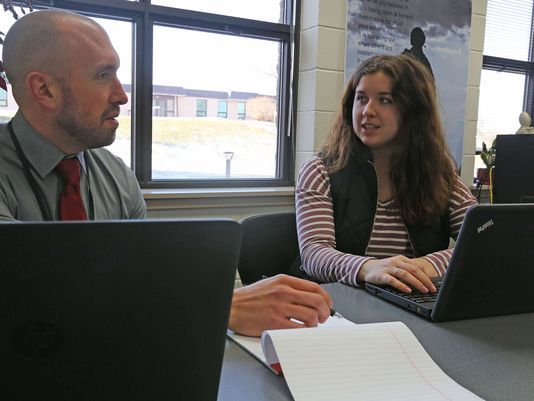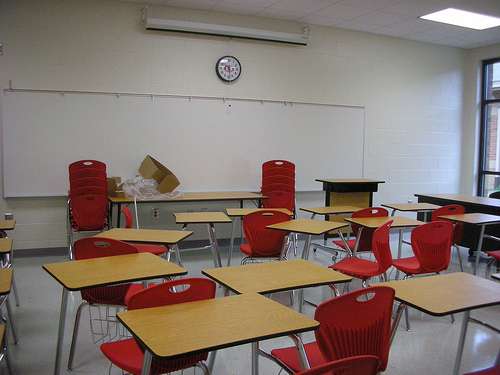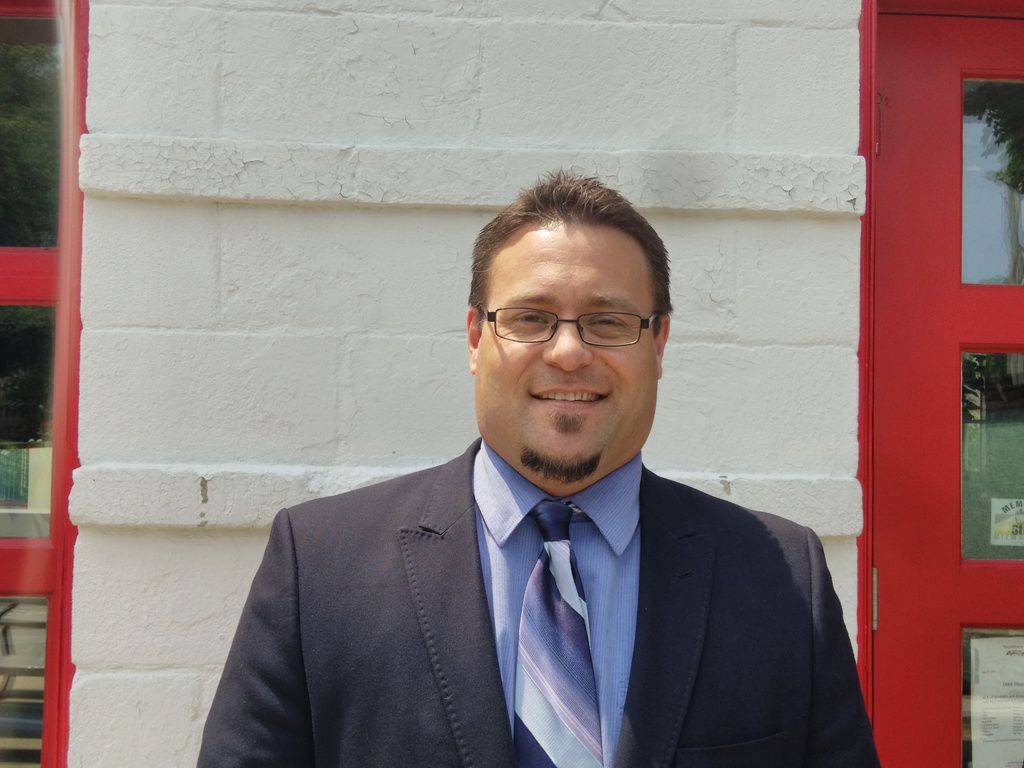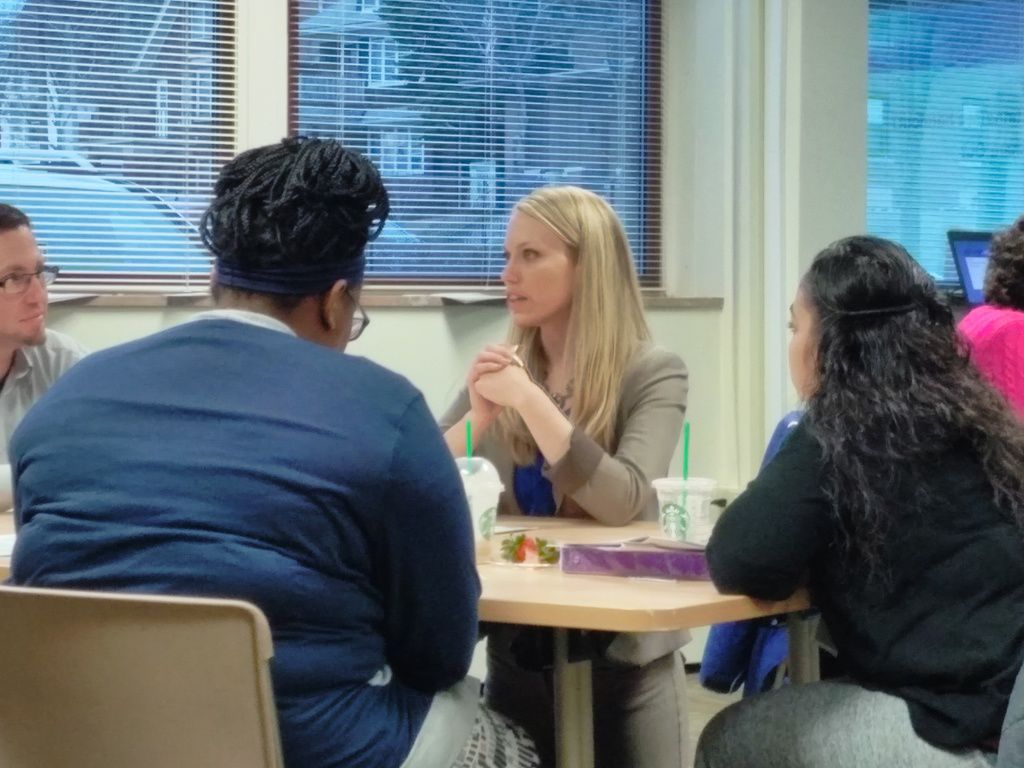In the News
Within every great challenge lies an even greater opportunity. CfUT is proud to partner with universities like Martin Luther College to train the next generation of teachers. Together we will ensure a brighter future for our children, city, and country. Join us today!
CfUT Alumna, Alexia Jones, was featured in the Concordia University Wisconsin’s Newsletter. It takes true understanding and high expectations to be a teacher in urban education. Research shows the odds of educational success are stacked against diverse learners, so accountability is key. To Alexia, becoming an urban education teacher is not just a job, it’s a daily opportunity to remind her students that she believes they can accomplish great things.


Institute for Law & Liberty issued a report last week with a lot of data on schools that have survived and schools that have closed. The two organizations are strongly pro-voucher, but the data deserve attention. Since 1990, 268 private schools have received voucher payments. About 120 are in the program now. All those others? Many were cut off because of state regulatory pressure; many closed just because they were small and badly run. And few of the departed should be mourned.
Joy In Our Town” recently featured Executive Director of CfUT, Krysta DeBoer. This segment focused on the challenges and opportunities in preparing and supporting urban teachers and school leaders. May 2017

We are so proud of Center for Urban Teaching Alumni, Katrina Buchholz and thankful to the Siebert Lutheran Foundation for their continued support and advocacy in the community to break the cycle of poverty through education!!! Katrina was featured in the Annual Community Impact Report of the Siebert Lutheran Foundation on p. 3. Click here to read:
Thinking about teaching? These new Wisconsin programs will train you.
With education school enrollments on the decline and a looming teacher shortage feared in Wisconsin, a raft of new programs have emerged to recruit and train new educators.


Urban Teaching Program Addresses Education Gap For Poor Students
Growing up in a tough Milwaukee neighborhood motivated Lalenunat Johnson to become a teacher. But to thrive in an urban classroom setting requires skill and support – both of which a new teaching program is trying to provide. Central Time takes a closer look.
Growing up in the inner city gave Lalenunat Johnson, a teacher at Milwaukee College Prep School, all the motivation she needed to pursue a future in education. She believes access to a quality education is the key to changing the lives of those who grow up in poverty. To her, a quality education starts with quality teachers, which is why she values the Center for Urban Teaching, a program designed to educate college undergraduates on how to be successful in an urban classroom and allow the aspiring teachers to teach their own class after two weeks of training.

How YOU can build a positive school culture, no matter where you teach.
Join CfUT’s Executive Director, Krysta DeBoer, Jimmy Casas, Principal of Bettendorf High School, Hope King, 2nd grade teacher/blogger at Second Grade Shenanigans and Ron Clark Academy, and Amber Teamann, Principal for SY, as they share a behind-the-scenes glimpse into schools that have reflected carefully on school culture and created systems that work. Learn practical, actionable tips for supporting kids and colleagues, winning over negative co-workers, creating change in toxic school environments even when no one else is supporting you, and more.
6 Part Series: Summer Programs Train Teachers for Urban Schools

Consistency is key: How a dedicated principal transformed a failing school. One of the first things Shaun Luehring did when he moved to Milwaukee in 2010 was enroll his children in a failing school.
Classroom management program makes eager students out of teachers.Expanding the Circle: Hannah Hensel, middle, works with a group of teachers during an Expanding the Circle session. The program is designed to help teachers better manage their classrooms.


Center for Urban Teaching works to transform schools from Milwaukee to El Salvador. When Milwaukee’s Center for Urban Teaching began working with educators from Central America, its staff faced an unprecedented challenge.






